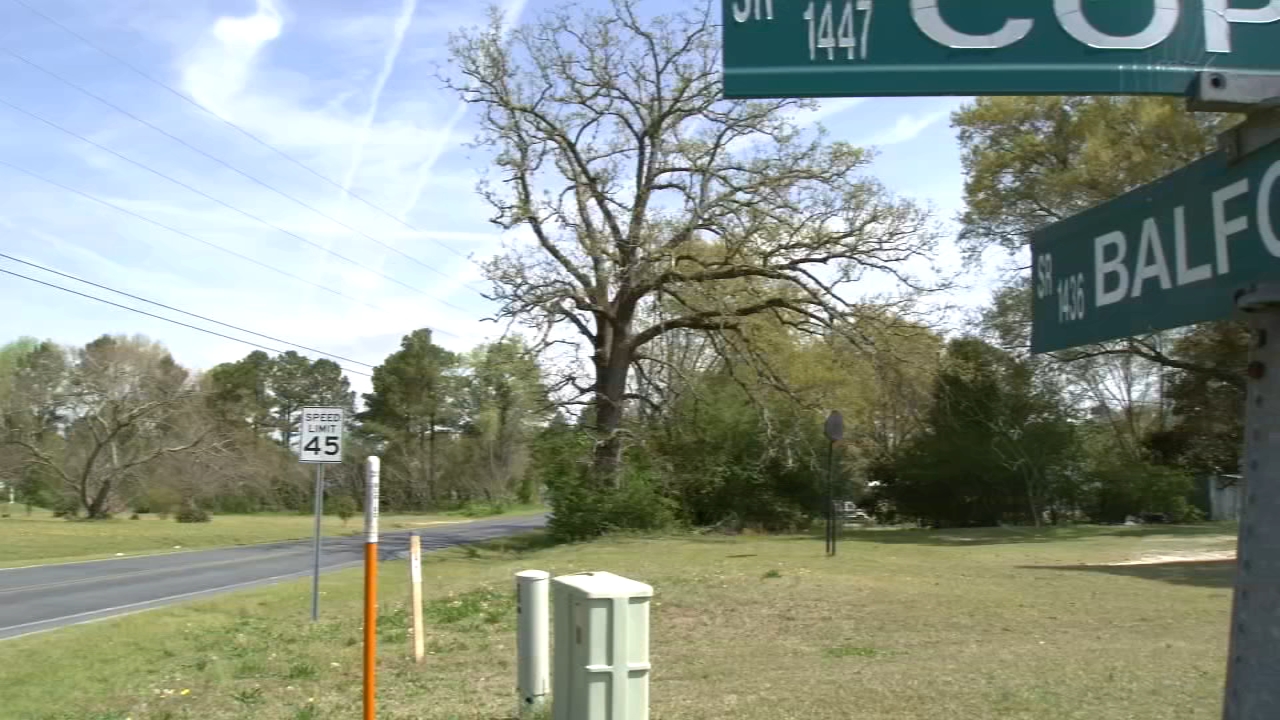Raleigh man loses $24K in Cash App scam | Here's how the scammers fooled him

RALEIGH, N.C. (WTVD) -- It claims to be the No. 1 finance app, but many of its users are losing thousands of dollars to scammers and questioning just how safe it is to use.
ABC11 has warned you about this type of scam many times, but it continues to hit customers hard.
Cash App is just one of the many popular tools used by millions to send money to other people.
Wade Hankins used it so his tenants could pay him rent. He had a good chunk of change in his cash app account and wanted to get that money out.
"Someone called me saying they were Cash App. They were going to help me transfer out the money," he said.
Hankins said the representative walked him through how to get his $20,000 into his personal bank account, but then all of a sudden...
"$21,800 was zapped out of my Cash App account just like that," Hankins said.
Besides that money gone, the scammer also got the money from Hankins' checking account linked to his Cash App account, which meant a total loss of $24,000.
WATCH: After Duke Health loses woman's 54-year-old wedding rings, Troubleshooter steps in to help couple

"My account just went blank, it went zero and I'm thinking, 'what happened to my money?'" he recalled.
Turns out the person claiming to be with Cash App was a scammer determined to swindle Hankins out of his money.
"I thought it was actually Cash App, but once I found out something was wrong, that's when I emailed Cash App support," Hankins said.
Unfortunately, Cash App took three to four days to respond to the email and freeze his account.
Hankins is not alone. Troubleshooter Diane Wilson has heard from dozens and dozens of ABC11 viewers who lost money to fake Cash App customer support scams.
One man lost $1,400, another close to $2,000, and they all thought they were talking on the phone to real Cash App customer support, instead, it was scammers.
What you need to know: Cash App has only an automated support line. If you call it, you won't reach a live person; instead, you'll hear an automated message that tells you to visit the app to contact customer service. The message also offers a warning to callers that people will often try to impersonate its employees.
A Cash App spokesperson said, "Preventing fraud is critically important to Cash App. We continue to invest in and bolster fraud-fighting resources by both increasing staffing and adopting new technology. We are constantly improving systems and controls to help prevent, detect, and report bad activity on the platform. We are always working to protect our customers, which includes educating them about phishing scams. As a reminder, the Cash App team will never ask customers to send them money, nor will they solicit a customer's PIN or sign-in code outside of the app. If you believe you have fallen victim to a scam, you should contact Cash App support through the app or website immediately. For more information on common online scams, please visit this website"
The company also said that some of the steps it has taken to prevent fraud include investing in an AI-driven feature that flags potential spam or scams for payments in the app. Customers can also block a given sender or recipient. When it comes to preventing fraud outside of the app, the spokesperson said Cash App has started deploying SMS text messages with links to customers when they suspect that login attempts look unusual. Plus if a customer is sending money to a person who Cash App thinks is not in their contact list, they said they will double-prompt them to make sure they want to send money to the account.
When it comes to Hankins and what happened to his $24,000, while Cash App customer service did reach out to him, he said it was no help to find out who got all of his money.
To protect your money, you need to remember don't talk to anyone on the phone claiming to be with Cash App. Remember they don't have live phone customer support. The same goes if you're contacted on social media by someone pretending to be with Cash App. Instead, only contact customer service directly through the app, and never give your Cash App pin or sign-in code to anyone.











